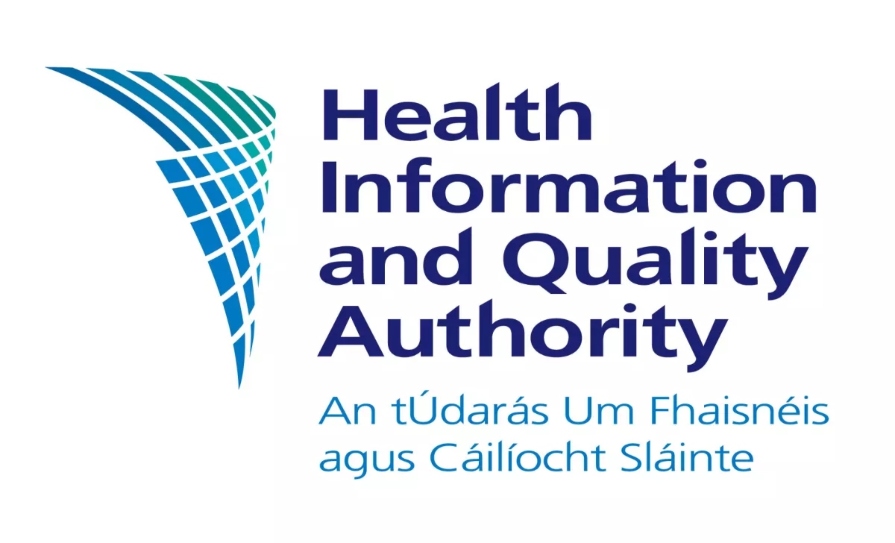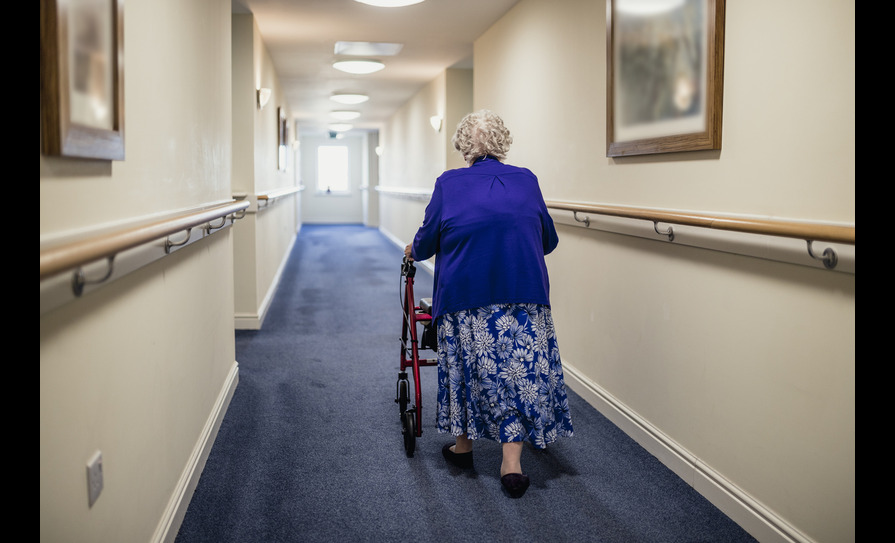The study, conducted by the HRB Centre for Primary Care Research based in the Department of General Practice at RCSI is published in the current edition of The BMJ.
RCSI researchers looked at data from general practice records of 38,229 patients (aged ≥65 years) in Ireland from 2012 to 2015. To determine if the prescriptions were potentially inappropriate, they assessed the records using 45 criteria from the Screening Tool for Older Persons’ Prescription (STOPP) version 2.
Commenting on the findings, senior research fellow with the HRB Centre for Primary Care Research at RCSI Dr Frank Moriarty said: “Adults aged 65 years and older are a growing population and represent the largest consumers of prescribed medications. When caring for older patients in primary care, achieving the balance of maximising patients’ benefits from medicines while minimising harms and cost can be challenging.
“Research to date has focused on patient and GP characteristics as risk factors for poor prescribing quality. Our study illustrates the need to consider and address potential adverse effects of hospitalisation on prescribing appropriate medication for older patients.”
The study found that potentially inappropriate prescribing (PIP) is becoming increasingly prevalent in older people, and hospitalisation is independently associated with an increased risk of PIP. When compared to older people who had not been hospitalised in the past year, the probability of at least one PIP during a year increases by 49 per cent for hospitalised patients after adjusting for other factors, such as the number of prescriptions and type of healthcare cover.
Dr Moriarty said: “Although we adjusted for a range of patient characteristics, there is potential for unmeasured confounding variables, as with any observational study, which may partly or fully explain the results.
“However, many of the common criteria in our study relate to inappropriate duration of use for medicines used for sleep, acid suppression, and anti-inflammatory effect. Documenting and clearly communicating the intended prescription duration or planned review date would ensure that other clinicians, such as GPs, would have complete information for reviewing and stopping such prescriptions. It is vital to identify optimal management strategies for older people to ensure the risk of inappropriate medications is minimised following their time in hospitals.”
The research was conducted in collaboration with the Department of Statistics and Data Science, Complutense University of Madrid, with support from the Spanish Ministry of Economy, Industry and Competitiveness. The study was funded by the Health Research Board (HRB) in Ireland through the HRB Centre for Primary Care Research.
The full paper, titled “Prevalence of potentially inappropriate prescribing in older people in primary care and its association with hospital admission: a longitudinal study”, features in this week’s edition of The BMJ.
RC
Sign In
NOTE: By submitting this form and registering with us, you are providing us with permission to store your personal data and the record of your registration. In addition, registration with the Medical Independent includes granting consent for the delivery of that additional professional content and targeted ads, and the cookies required to deliver same. View our Privacy Policy and Cookie Notice for further details.
Don't have an account? Register













Leave a Reply
You must be logged in to post a comment.